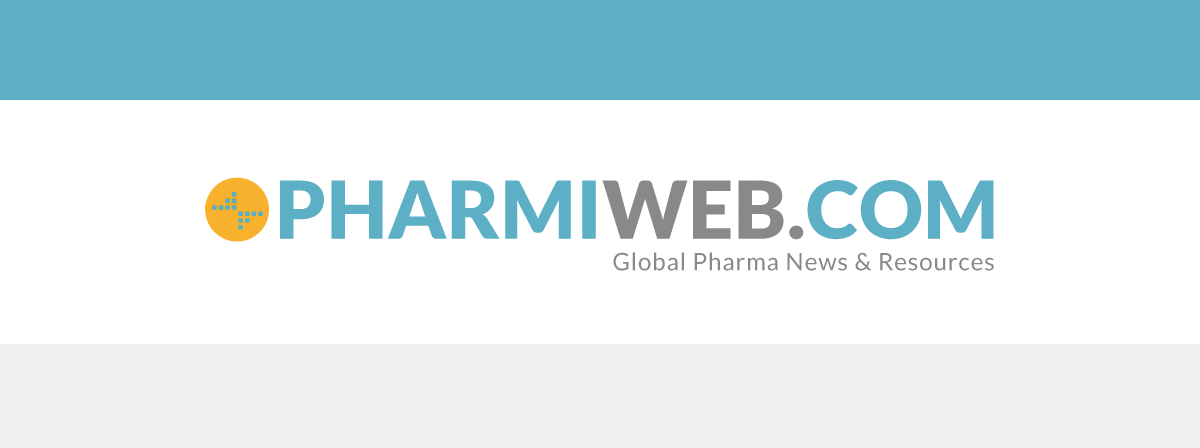Thursday, May 22, 2025

The South African Revenue Service (SARS) has committed to accelerating work on collecting all debt to increase revenue collection.
This after Finance Minister Enoch Godongwana in the Budget Speech delivered on Wednesday, announced a 2025/26 financial-year revenue estimate of some R1.986 trillion.
“SARS recognises the funding challenges that the country faces. We are steadfast in our commitment to serve the nation with integrity and efficiency. SARS plays a vital role in the collection of revenues that support the delivery of public services.
“We accept the responsibility to achieve the 2025/26 revenue estimate presented by the Finance Minister Enoch Godongwana,” the revenue service said in a statement.
SARS described the revenue estimate as “a challenging estimate” on account of the “tough domestic and global economic conditions”.
The South African economy’s growth projections have been revised down from 1.9% in March to some 1.5%.
“The estimate announced by the Minister imposes the responsibility on SARS to implement revenue raising initiatives. Debt collection is one such, therefore SARS will specifically accelerate work on collecting all debt, with a specific focus on undisputed debt. SARS acknowledges South Africa’s economic difficulties and the effect that this will have on the aggregate amount of debt collected.
“The mandate of SARS is anchored on revenue collection, compliance enhancement and the facilitation of legitimate trade. Importantly, this encompasses analysis of the economic performance and how such performance will impact tax and customs revenue collections. By dutifully implementing its compliance programme, SARS is well positioned to collect all revenue due to the fiscus,” said the revenue service.
To meet the revised revenue estimate this year, SARS is:
• Refining and using advanced data analytics and artificial intelligence to detect tax-compliance risks, close the tax gap, and improve overall compliance rates. By integrating expanded third-party data sources, such as banking and payroll information, the system can increasingly automate tax assessments and more effectively identify underreported income, thereby strengthening efforts to combat tax evasion.
• Combating the illicit economy, especially in high-revenue sectors such as tobacco, alcohol, and fuel. Through enhanced enforcement against smuggling, counterfeit goods, and black-market transactions, SARS aims to recover substantial revenue losses and deter future non-compliance within these sectors of the informal economy.
• Broadening the tax base by systematically identifying and registering individuals and businesses that have previously operated outside the formal tax system. Targeting the hard-to-tax sectors in the informal economy, particularly small enterprises and self-employed individuals, supports increased revenue mobilisation and helps to reduce reliance on a narrow tax base.
• Closing the tax gap by investing in advanced skills and systems.
SARS Commissioner Edward Kieswetter added that the increased estimate means that SARS must “do more to realise a better life for all South Africans”.
“Indisputably, SARS plays a transformative and catalytic role in funding about 90% of government expenditure, which is essential to the delivery of old age pension grant, health services and the provision of social services without which many of our fellow citizens will be destitute.
“It is the responsibility we embrace with humility, and we will endeavour to achieve,” Kieswetter concluded. –






